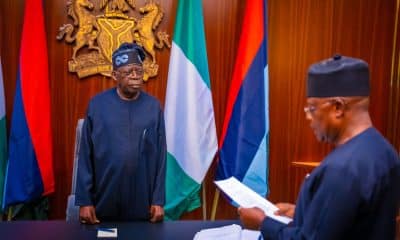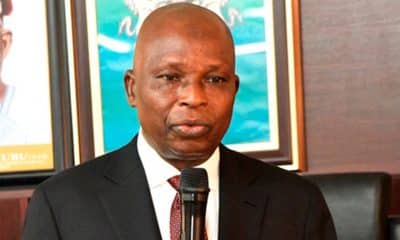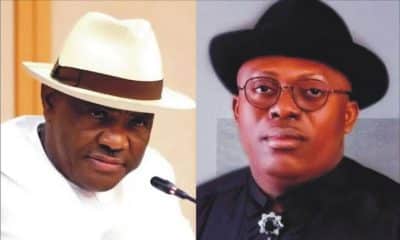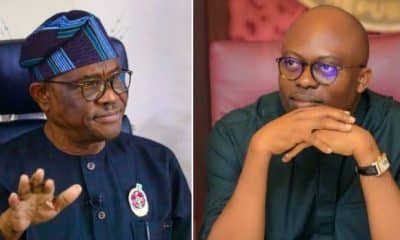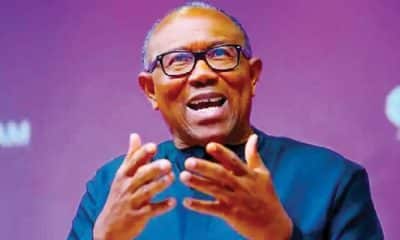Nigeria News
Rivers Emergency Rule: IYC Scribe Accuses Lokpobiri Of Betrayal

The Secretary-General of the Ijaw Youth Council (IYC) Worldwide, Maobuye Nangi Obu, has berated the council’s president, Jonathan Lokpobiri, for allegedly blaming the Ijaw people for the imposition of a state of emergency in Rivers State.
Obu accused Lokpobiri’s of aligning with political interests at the expense of his people, adding that his statement is hypocritical and a betrayal of the Ijaw nation.
He shared his displeasure with Lokpobiri’s statement while speaking at a recent stakeholders’ meeting organised by Pipeline Infrastructure Nigeria Limited (PINL) in Port Harcourt.
Obu said Lokpobiri’s comments were not only unfounded but also exposed him as a compromised leader, who no longer represents the interests and aspirations of the Ijaw people.
“Lokpobiri must come clean on where he stands in the Rivers political crisis,” Obu stated, alleging that the IYC president has traded the Ijaw cause for political and economic favours.
He further accused Lokpobiri of silence in the face of provocative and anti-Ijaw comments allegedly made by the Minister of the Federal Capital Territory, Nyesom Wike, whom he blamed for fuelling the crisis in Rivers State with a mission to unseat Governor Siminalayi Fubara.
He argued that respected Ijaw leaders, alongside the Pan Niger Delta Forum (PANDEF), had actively sought peaceful resolution before the state of emergency was declared; efforts which, according to him, were disregarded by Wike.
He added that Lokpobiri’s failure to condemn Wike’s alleged role in the crisis was driven by political calculations, including concerns over his brother’s rumoured governorship ambition in Bayelsa State, which he claims was being supported by Wike.
“Instead of standing firm for the Ijaw people at a critical moment, Lokpobiri chose to ‘spew gibberish’ and misrepresent the facts. “His comments were not only an embarrassment but also damaging to the Ijaw struggle,” he said.
Obu expressed concern that Lokpobiri’s leadership was weakening the IYC’s voice at a time when strong advocacy was needed.

